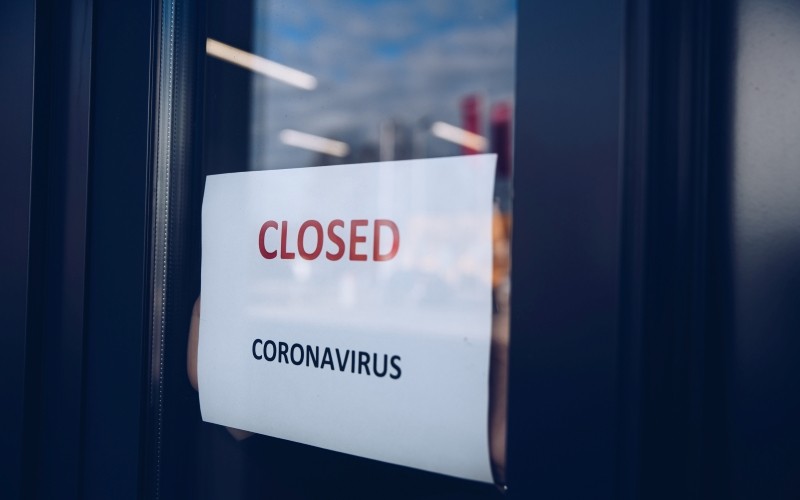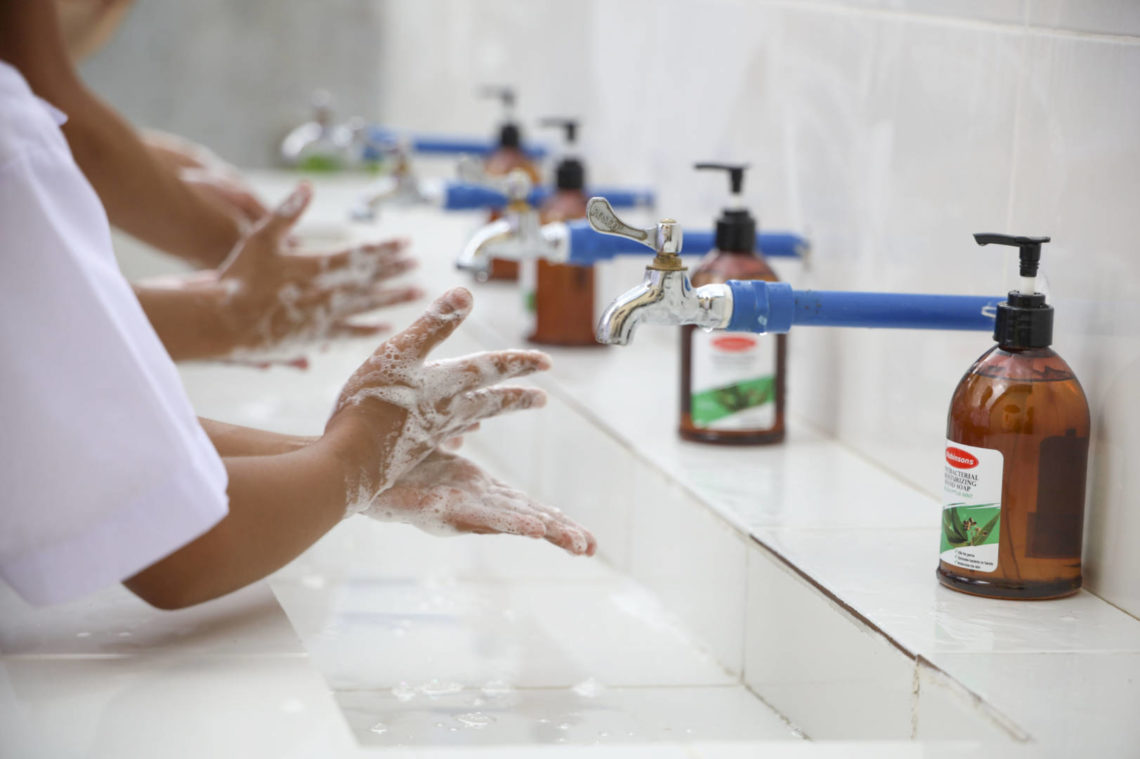COVID-19 Affects Us All, But Not Equally
As the world fights Covid-19, the strength of our response is determining how many people stay healthy and safe. An increase in testing, medical supplies, social distancing and personal sacrifice are all crucial.
Our focus on the immediate situation, however, should not allow us to overlook the grave consequences that closed schools, shuttered workplaces and overwhelmed hospitals are having on people’s longer-term education, health and incomes, particularly those less fortunate. Natural and man-made crises can affect us all, but they are often felt hardest by those with the least, and that scenario is repeating itself once again.
Closed schools and universities are moving classes online. But numerous parents, officials and education experts point out that many children lack reliable access to the internet, a computer, or even a quiet place in which to learn. For some students, the summer slide could essentially last for six months – severely impacting educations.
Health and medicine are at the forefront of our minds these days, and rightfully so. But how many people are skipping otherwise necessary doctor’s visits for chronic conditions or losing access to regular, preventative check-ups? How will mental health be affected by lost wages, isolation and anxiety about the virus? These issues will manifest themselves soon enough.
Lay-offs and reduced wages are obviously affecting people’s budgets right now. Workers are scrambling to make mortgage and rent payments, pay for groceries and medicines and even find affordable baby formula and wipes. Yet service workers, who make less than professionals, are most likely to lose their jobs, and minorities are less likely to have jobs where they can work from home or accumulated wealth.
Covid-19 is broadening our society’s disparities and exposing tremendous opportunity gaps. What does it all mean – both now and for our future?
It means that we need to re-think the systems that are currently in place. Not only are many systems failing to provide enough facemasks and ventilators in hard-hit areas, but they are also not allowing enough people to create the wealth and opportunity that will give them a chance to protect themselves in times of crisis. As the New York Times put it in their article about which individuals and workers can afford to stay home:
The data offers real-time evidence of a divide laid bare by the coronavirus pandemic — one in which wealthier people not only have more job security and benefits but also may be better able to avoid becoming sick.
As the world slowly emerges from this pandemic, we can’t go back to normal. No society will ever be perfectly equal, and both the rich and poor are exposed to this virus, but our inequality of opportunity is putting the burden of this crisis – from death rates to economic loss – on the shoulders of the most vulnerable.
We must do better, and we must do it differently. SARF will be at the forefront in re-thinking how we provide all people with the health, education and economic opportunities they need and deserve.



